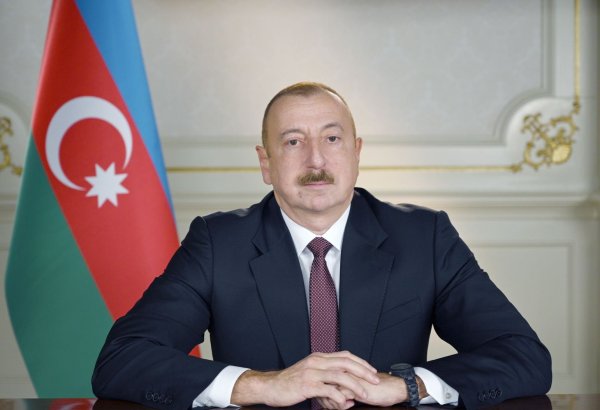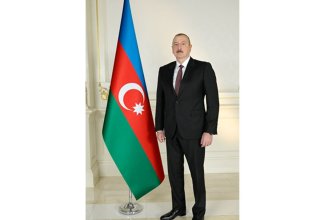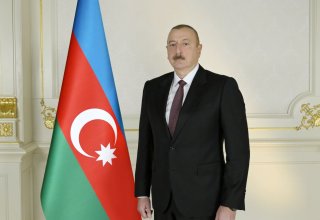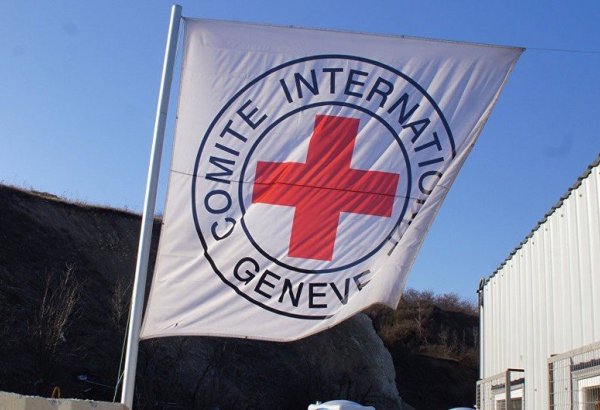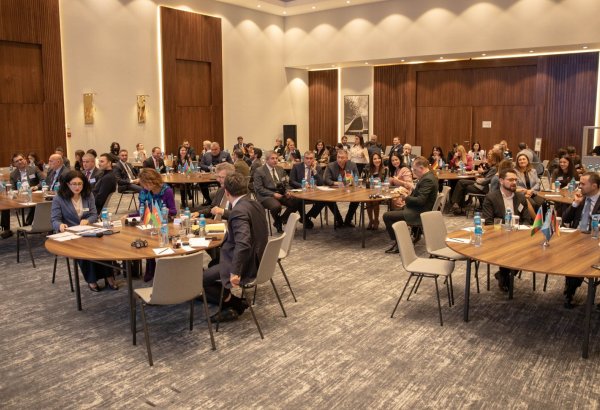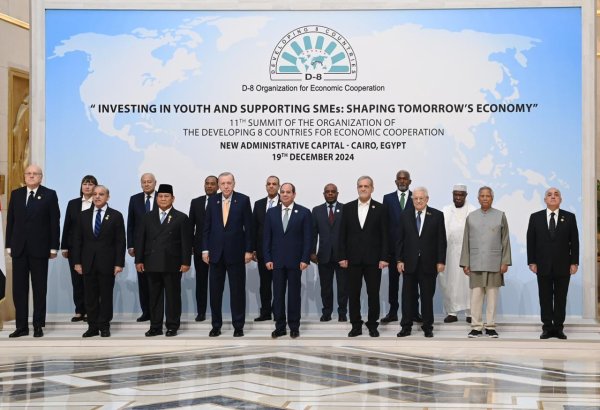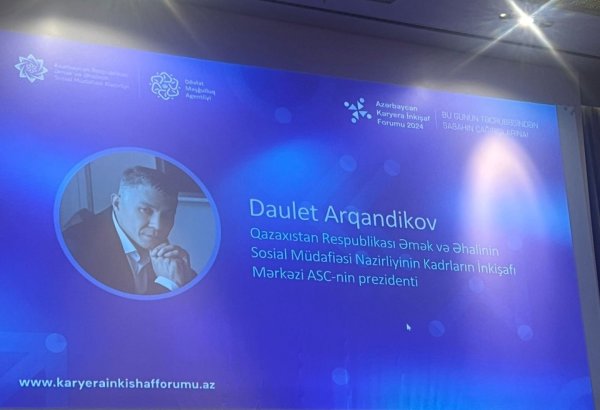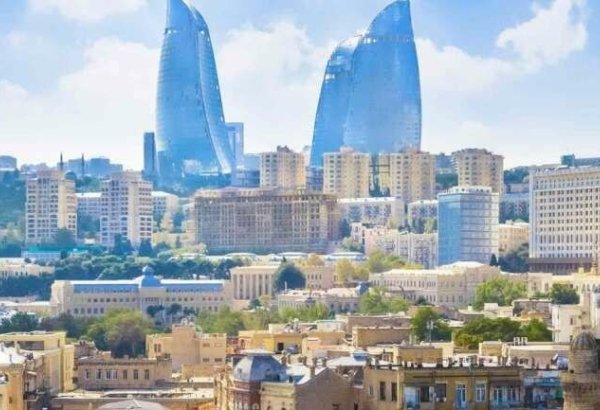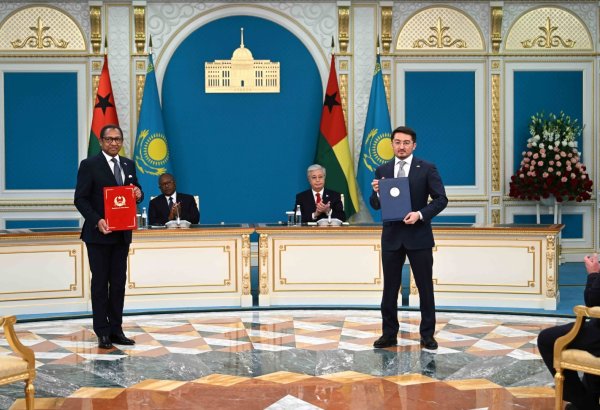BAKU, Azerbaijan, October 4. Romania intends to continue supporting energy projects in Kazakhstan and Azerbaijan, Ana Cristina Tinca, State Secretary of the Ministry of Foreign Affairs of Romania, said in an exclusive interview with TurkicWorld
"The most natural conduit connecting the European Union and Kazakhstan, and bringing them closer politically and economically, is the Southern Caucasus region and Azerbaijan, a riparian Caspian country. It is equally critical to note that Kazakhstan and Azerbaijan are both significant energy partners for the European Union. Consequently, the European Union, and Romania in particular (as an EU Member State at the Black Sea), will persist in their support of all initiatives that are designed to improve energy security," she said.
As the state secretary noted, Romania is particularly concerned with the diversification of supply sources and transport routes, the sustainable development of new energy sources, and the promotion of a balanced transition to green economies.
"Naturally, increasing the volumes of hydrocarbons shipped via the Caspian and Black Seas, building new infrastructure capacities or expanding existing ones, as well as developing green energy, remain key topics of interest for us. When it comes to connectivity, we believe that policymakers in Kazakhstan, Azerbaijan, and the European Union (including in Romania) share the same views over the importance of developing transport and logistics, energy, and digital connectivity," Ana Cristina Tinca said.
The state secretary emphasized Romania's active participation in important projects, including regular ferry lines in the Black Sea, the development of an electric cable under the Black Sea (known as the Green Electricity Corridor), an underwater fiber optic cable towards the South Caucasus, and the Black Sea-Caspian Sea Freight Transport Corridor.
"These projects also contribute to enhancing the connections between Europe and Kazakhstan and the broader Central Asian region," she added.
To recall, on December 17, 2022, Azerbaijan, Georgia, Romania, and Hungary inked a strategic partnership agreement, outlining the construction of an energy bridge from the Caucasus region to Europe.
The aforesaid agreement specifies that the Black Sea Energy submerged electric cable, which will be 1,195 kilometers long and have a capacity of 1,000 MW, will be built. Romania will serve as a conduit for the transmission of green electricity that originates in Azerbaijan and travels via Georgia and the Black Sea to Hungary and the rest of Europe. Up to four gigawatts of renewable energy might be made available under the effort.
This May, energy operators from Azerbaijan, Romania, Georgia, and Hungary signed a memorandum to establish a joint venture for the implementation of the Black Sea Energy project.
The headquarters of the aforementioned joint venture will be located in Bucharest, Romania.










